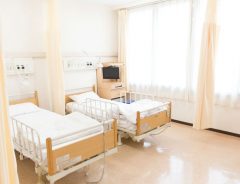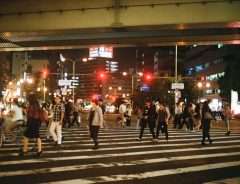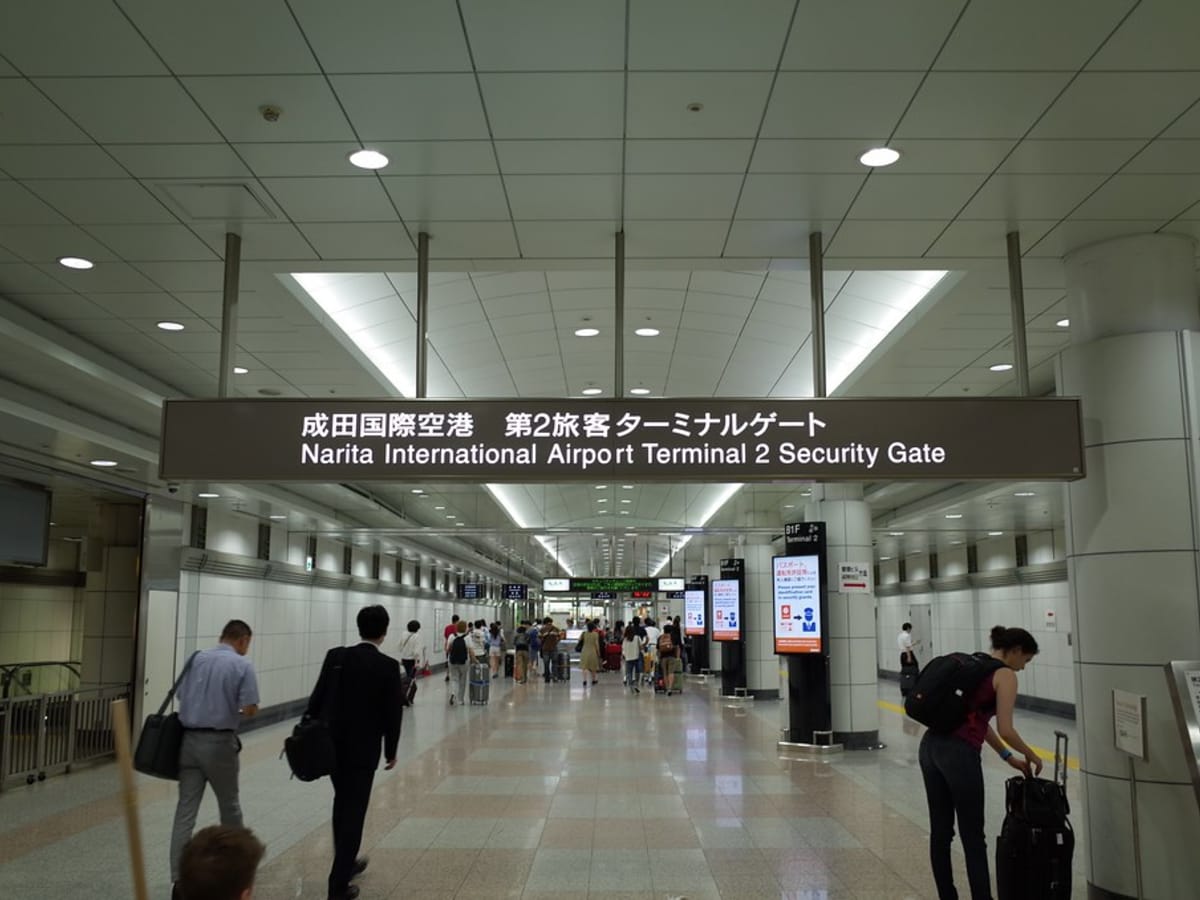- Tags:
- coronavirus / COVID-19 / quarantine / travel ban
Related Article
-

Japanese sushi chain releases rentable conveyor belts for home kaitenzushi parties
-

Empty trains caused by COVID-19 mean changes to JR timetables in Tokyo & Kansai
-

A growing number of ‘cyber homeless’ are struggling in Japan amid the pandemic
-

Artist pens a touching manga on trials, and joys, of being a deliveryman during COVID-19
-

Medical Worker Blasts Ill-Mannered Response To Mask Shortage And Coronavirus At Japanese Hospitals
-

What Do Locals Think About Osaka’s Current Covid-19 Crisis?



Amidst an apparent second wave of Covid-19 infections centered in Tokyo, the Japanese government is looking to ease travel restrictions to allow re-entry for some foreign residents, and to help improve the current economic situation.
Japan’s Current Situation
Although Japan’s state of emergency was lifted for all prefectures on May 25, a travel ban imposed since April 3, which now includes 129 countries and regions, is still in place.
Although nations worldwide have restricted border traffic, Japan’s is particularly strict, forbidding long-term and permanent residents to return to Japan from abroad.
Thus it has been criticized for leaving foreign residents stranded, unable to return to their home in Japan to reunite with their families and resume work.
Who Can Enter Japan Now?
Although Japanese citizens are allowed to re-enter the country without any special circumstances, non-citizen residents may only be permitted re-entry if they meet “exceptional circumstances” as outlined below.
Foreign nationals who departed Japan before the country they visited was placed on the travel ban will be allowed re-entry if:
The list was updated to allow foreign nationals re-entry who departed after the country they visited was placed on the travel ban if they meet one of the last three * conditions listed above.
The Immigration Services Agency’s (ISA) updated (June 12) list of exceptions is available on the Ministry of Justice website.
Japan to Soften Re-Entry Ban
The Japan Times reported on July 13 that Japan’s government plans to loosen the re-entry restrictions currently in place to allow more foreign residents to return, specifically expatriate workers and educators. It is said to be a humanitarian move and to help the economy recover. The government sources say a decision will be made later this week.
In June it was reported that Japan started negotiations to re-open business travel with Australia, New Zealand, Thailand, and Vietnam. Japan will also begin negotiating with 10 other Asian countries including China and South Korea.
The agreement would prioritize business travelers and specialized skill workers and later arrangements may be made for foreign students and eventually tourists.
Foreign Minister Toshimitsu Motegi said,
“We are planning to relaunch travel in stages, starting from countries that have suppressed the spread and transmissions of the virus.”
Foreign travelers who meet the requirements will need to provide a negative polymerase chain reaction (PCR) test to prove they are not infected with Covid-19.
What does this all mean for you?
For Japanese and foreign residents alike, we have not yet reached the time when we can travel freely. Even worse, if you find a flight abroad, you might not be able to return.
With the recent spike in coronavirus infections centered in Tokyo, it may be best to wait and see how things play out in the days to come.